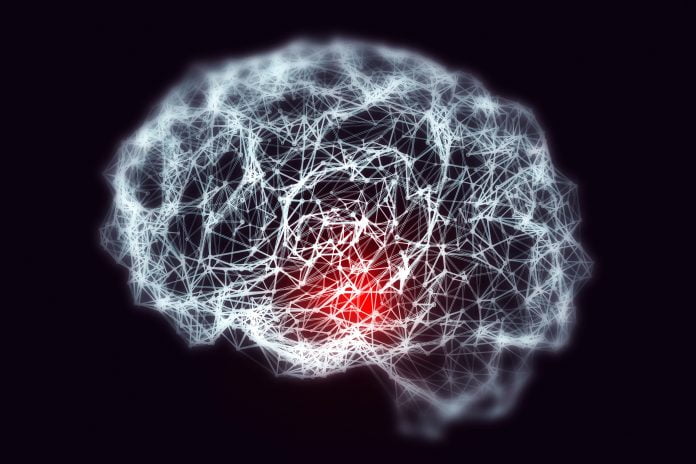According to research published in the Journal of Neurology Neurosurgery & Psychiatry, the tell-tale signs of stroke risk may appear up to 10 years before the occurrence of a stroke.
As part of this observational study, researchers assessed the cognitive abilities, such as memory, verbal fluency, reaction times, and manual dexterity, in 14,712 Rotterdam Study participants between 1900 and 2016.
The tests used to assess participants included the Mini-Mental State Exam, the Strook task, and the Purdue Pegboard test.
The researchers also assessed participants’ capacity for basic activities of independent daily living, such as washing, eating, and dressing (BADL), and more advanced activities, such as managing finances (IADL).
Participants’ medical records were reportedly checked to monitor their health until 2018. Each person who had a stroke during the monitoring period was matched with three participants who hadn’t, based on age and sex.
The researchers then plotted the changes in cognition and daily functioning in both sets of participants, to include the 10 years before and the 10 years after a stroke.
Analysis of the test score patterns revealed clear differences in cognition and daily functioning between those who had a stroke and those who didn’t, up to 10 years before the event.
Clinically significant differences were seen in Mini-Mental State Exam results (around 6.5 years earlier), but which started to differ around 8 years beforehand; Stroop task (nearly 6 years earlier), but which started to differ around 10 years beforehand; and the Purdue Pegboard test (nearly 4 years earlier), but which started to differ around 9 years beforehand.
The scores for all cognitive tests continued to fall more rapidly years after the event in those who had had a stroke than they did in those who hadn’t.
Differences in the basic and advanced daily functioning scores emerged two and three years earlier, respectively, and they too continued to fall more rapidly in those who had had a stroke in subsequent years.
While this is an observational study and therefore cannot establish cause, the researchers suggest their findings indicate that there might be tell-tale signs for those at high risk of a stroke many years in advance.
“Our findings demonstrated that future stroke patients start to deviate from stroke-free controls up to 10 years before the acute event, suggesting that individuals with cognitive and functional decline are at a higher risk of stroke and are possible candidates for prevention trials,” write the researchers.
“The accelerated decline in cognition and daily functioning before stroke suggests that individuals with future stroke suffer from accumulating intracerebral damage years before the acute event, such as cerebral small vessel disease, neurodegeneration, and inflammation.”
For more information and to read the study, visit: jnnp.bmj.com/content/early/2021/06/25/jnnp-2021-326043









